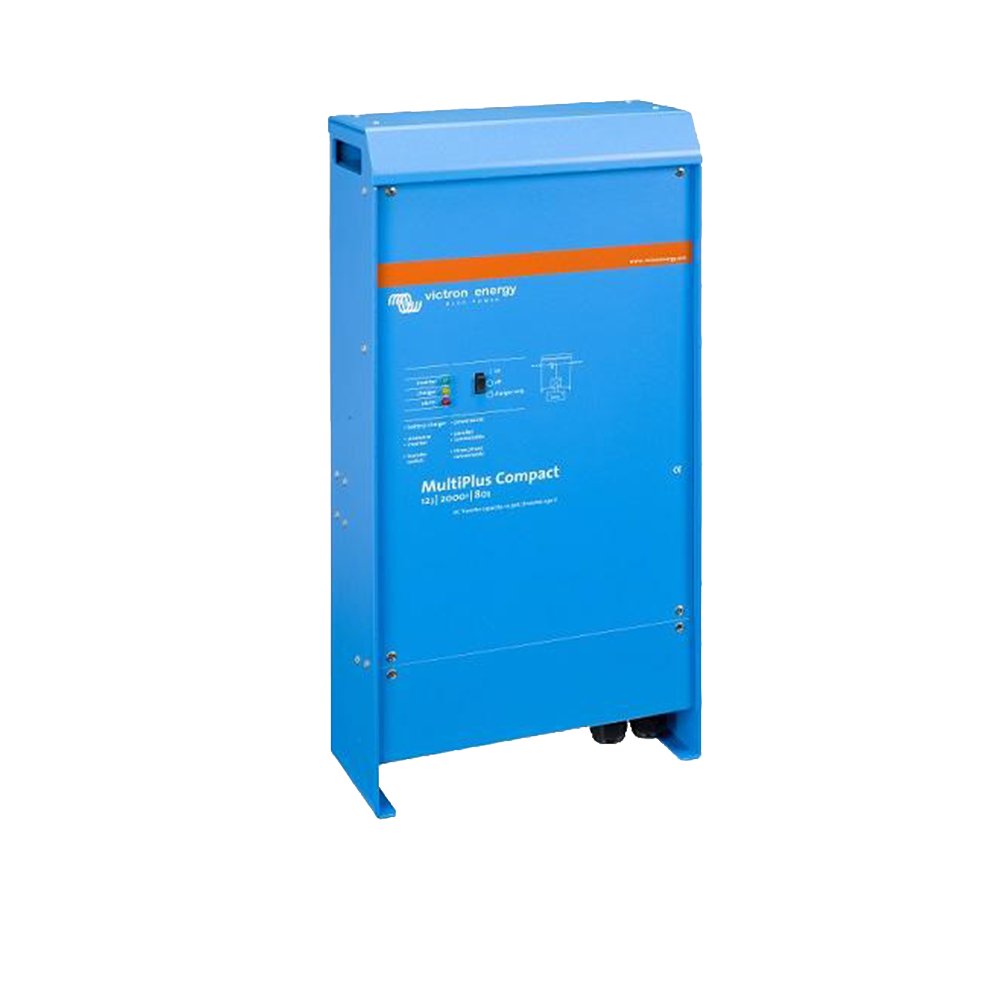Inverters and Converters
If you currently own an RV or have been looking into the RV market, it is likely that you have heard about inverters and converters. Inverters and converters allow you to harness the power of our LiFePO4 batteries.
Inverters convert the direct current (DC) power from your battery bank to alternating current (AC) power so that you can power all of your RV appliances from your battery bank.
Converters do the exact opposite of inverters, and make it possible to charge your battery bank from AC power. These devices are considered a must-have for any RV setup. Choosing the right device for your needs is crucial. For more information on these components please check out the inverter converter sections.
Upgrade Tips
Inverters
Inverters are an important component of any RV battery system, as they convert DC power to AC power, which allows you to run conventional appliances off your battery bank.
When choosing the correct size inverter, you will want to consider what appliances you intend to run off your batteries at any given time. We recommend having a deep understanding of the power requirements of your system, especially for high wattage appliances. These types of appliances include, but are not limited to: microwaves, coffee pots, hair dryers, toasters, space heaters, and air conditioning units.
Sizing
To determine the correct size of your inverter, look up the wattage on all appliances you intend to run at one time. Sum up the wattages and that number will give you an idea of how large of an inverter you will want.
For example, if you wanted to power a coffee pot that requires 1200 W and a heater that requires 500 W your total wattage requirement would be 1700 W. You would then want to find an inverter that can supply more than this amount of power. You should also consider how long you want to run your appliances, as this will affect the amount of batteries you will need. Each one of our batteries supplies 1200 watts per hour.
If you are using an inverter charger we recommend using the following settings on your device with our batteries:
- Bulk/absorb = 14.2 V – 14.6 V
- Float = 13.6 V or lower
- No equalization (or set it to 14.4 V)
- No temperature compensation
- Absorption time = 20 minutes per battery (if it’s an option)
Converters
A converter is a more affordable alternative to an inverter charger that also takes up less space. If you need a way to charge your battery and do not want to purchase an inverter charger, these are a great option to charge your batteries.
Converters can also be wired in parallel with your inverter charger to increase your charging current and decrease your overall charging time. With converters, you are also given the option of being able to charge your batteries outside of your RV system.
To see the converters we recommend, click here.


